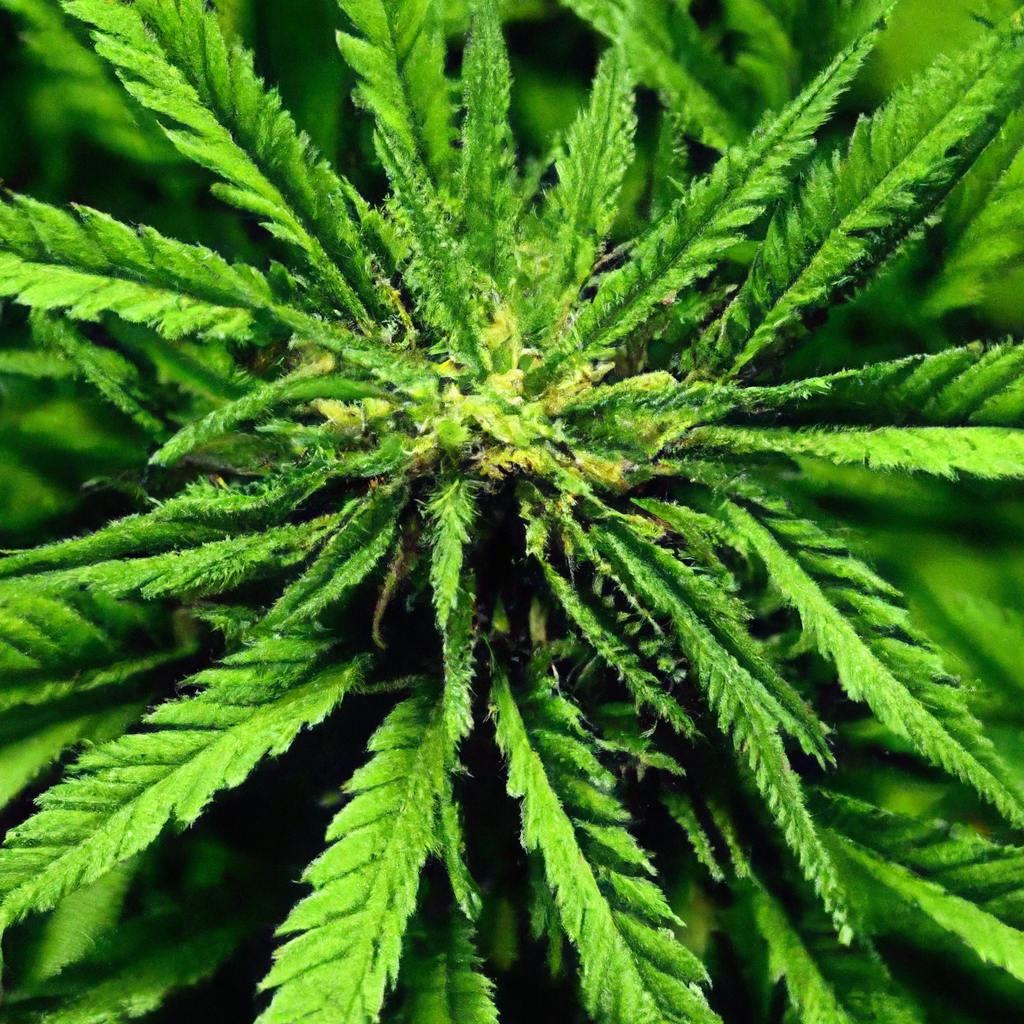Your cart is currently empty!
Organic cannabis cultivation is more than a trend; it’s an effective way to produce cannabis that benefits both the environment and consumers. By focusing on natural fertilizers, compost, and eco-friendly pest control methods, growers can achieve healthier plants and a more sustainable ecosystem. In this guide, we’ll explore best practices for organic cannabis cultivation, focusing on methods that enhance soil health and promote sustainable growth.
Building a Strong Foundation: Healthy Soil Ecosystems
The cornerstone of successful organic cannabis cultivation is healthy soil. A thriving soil ecosystem can support robust plant growth and facilitate nutrient absorption. Here are some tips to enhance your soil:
- Composting: Use kitchen scraps, plant material, and manure to create a nutrient-rich compost that can be added to your soil. This not only recycles waste but provides essential nutrients to your plants.
- Cover Crops: Plant cover crops like clover or vetch to fix nitrogen in the soil, reduce erosion, and maintain soil structure.
- Mulching: Apply organic mulch to retain moisture, regulate soil temperature, and suppress weeds.
- Microbial Population: Encourage a diverse community of beneficial microbes by avoiding synthetic chemicals that can disrupt the soil’s natural balance.
Natural Fertilizers and Nutrient Management
Enhancing cannabis growth with organic fertilizers is key to maintaining a natural grow environment. Some effective organic fertilizers include:
- Comfrey Tea: Rich in potassium and nitrogen, this tea can be brewed and used as a liquid fertilizer to promote vigorous growth.
- Fish Emulsion: A nutrient-rich option that provides essential macro and micronutrients, ideal for bolstering root development.
- Bone Meal: High in phosphorus, bone meal supports flowering and overall plant health.
Consistent use of these natural fertilizers ensures plants receive all necessary nutrients without the need for synthetic additives.
Eco-Friendly Pest Control Practices
Managing pests organically is vital to maintaining the balance of the ecosystem. Avoid harmful chemicals and opt for these natural methods:
- Beneficial Insects: Introduce insects like ladybugs and predatory mites to control pest populations naturally.
- Neem Oil: Use neem oil as a safe, natural insecticide that doesn’t harm beneficial insects.
- Companion Planting: Plant marigolds, basil, or garlic nearby, which can deter pests through their natural odors.
Conclusion
Embracing organic cannabis cultivation not only promotes a sustainable environment but also leads to healthier and more potent cannabis. By building healthy soil ecosystems, using natural fertilizers, and employing eco-friendly pest control strategies, growers can produce high-quality cannabis while reducing their environmental footprint. Start implementing these practices today to cultivate cannabis that is both eco-friendly and effective.
Remember, organic growing is not just a method; it’s a commitment to nurturing nature and producing pure, sustainable products.
Discover more from Magic Clones
Subscribe to get the latest posts sent to your email.


Leave a Reply